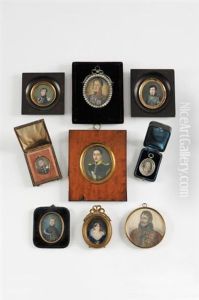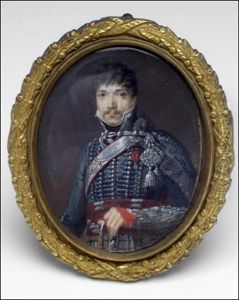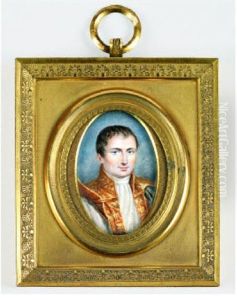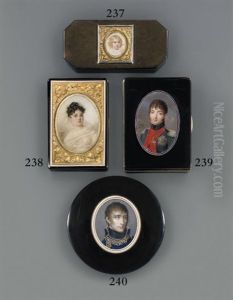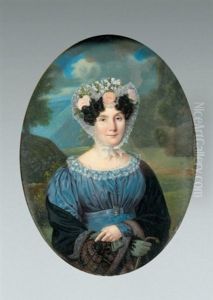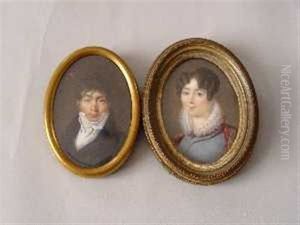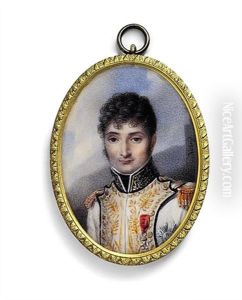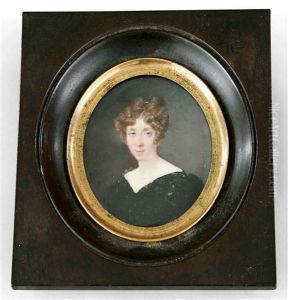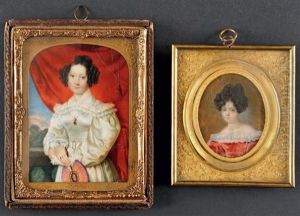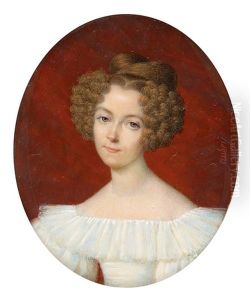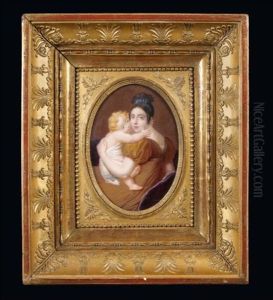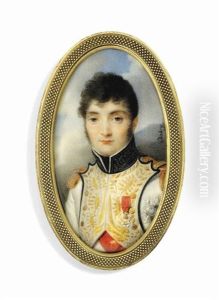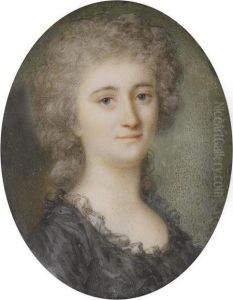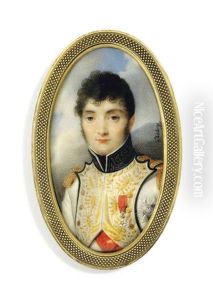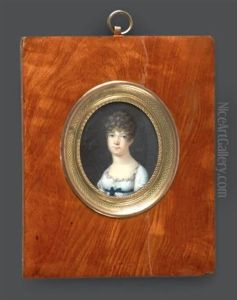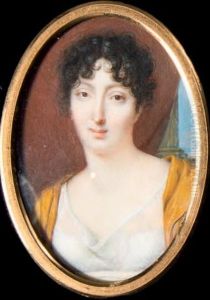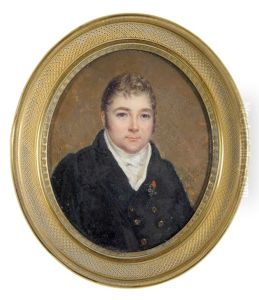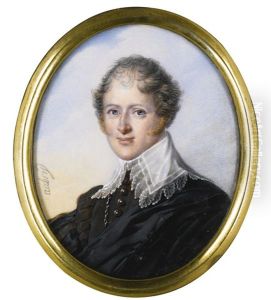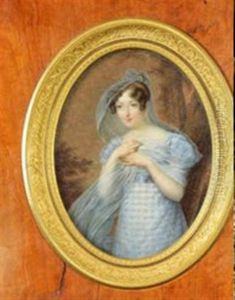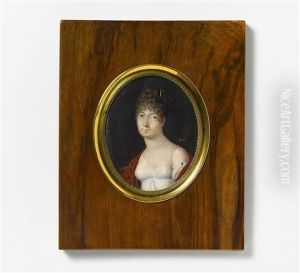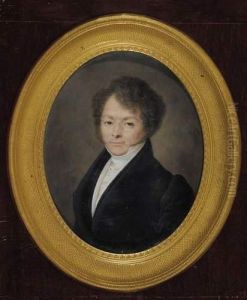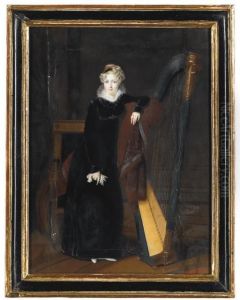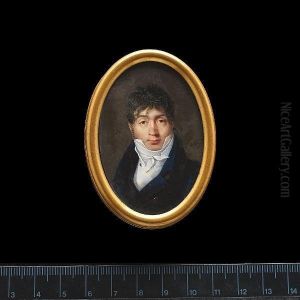Louis Francois Aubry Paintings
Louis Francois Aubry, born in 1767, was a French painter known for his portrait work during the late 18th and early 19th centuries. His career spanned a turbulent period in French history, which included the French Revolution, the Napoleonic Wars, and the Restoration of the Bourbon monarchy.
Aubry's artistic training began at a young age, and he quickly developed a reputation for his skill in capturing the likeness and character of his sitters. He studied under renowned artists of his time, which allowed him to refine his technique and establish himself within the artistic community.
Throughout his career, Aubry exhibited at the Paris Salon, the official art exhibition of the Académie des Beaux-Arts in Paris. His portraits were well-received for their elegance and precision, and he became a sought-after portraitist among the French nobility and emerging bourgeoisie. Despite the political upheavals of the era, Aubry managed to maintain a steady stream of clients, which included prominent military leaders, politicians, and members of high society.
Aubry's work is characterized by its detailed realism and the subtle rendering of his subjects' expressions. He possessed a keen eye for detail and a delicate touch with his brushwork, often working in oil on canvas or panel. His color palette tended to be restrained but rich, allowing for a focus on the subject's features and attire.
The advent of new artistic movements in the 19th century, such as Romanticism and later Impressionism, eventually led to a decline in the popularity of Aubry's classical style of portraiture. Nevertheless, his contributions to French portraiture are recognized by art historians, and his works can still be found in museums and private collections.
Louis Francois Aubry passed away in 1851, leaving behind a legacy as a master portraitist who captured the faces of an era marked by profound change and uncertainty. His portraits remain as historical documents that provide insight into the personalities and fashions of his time.
